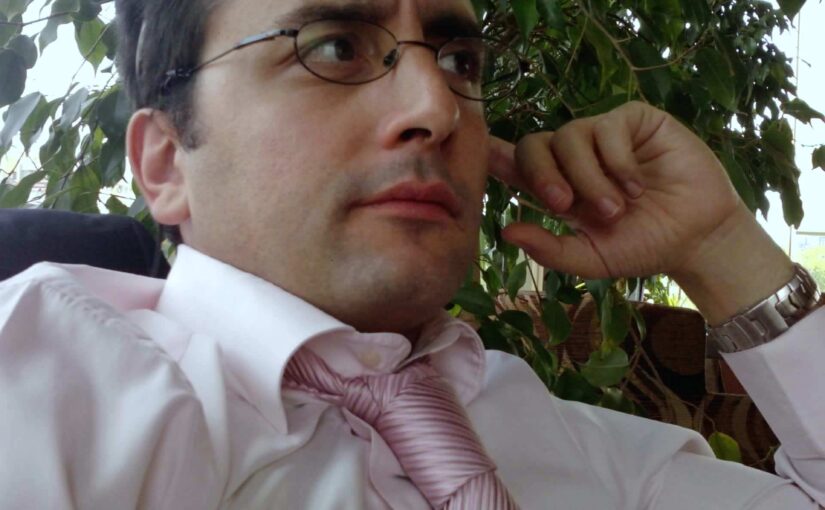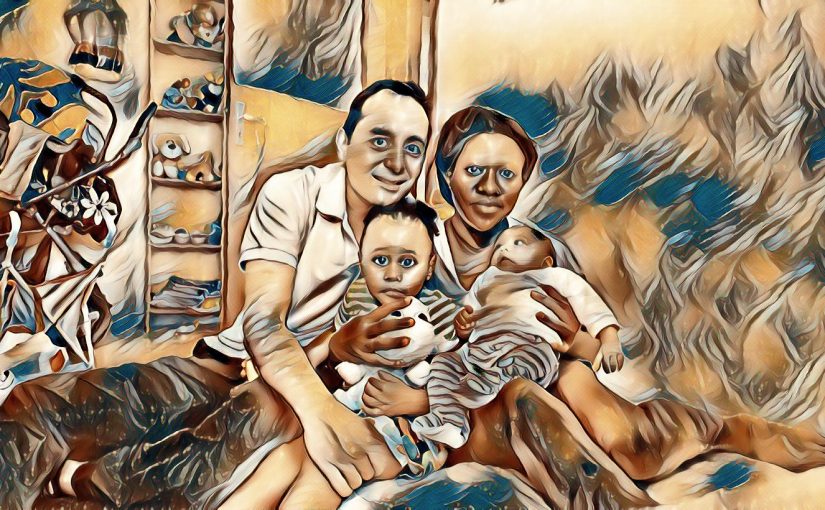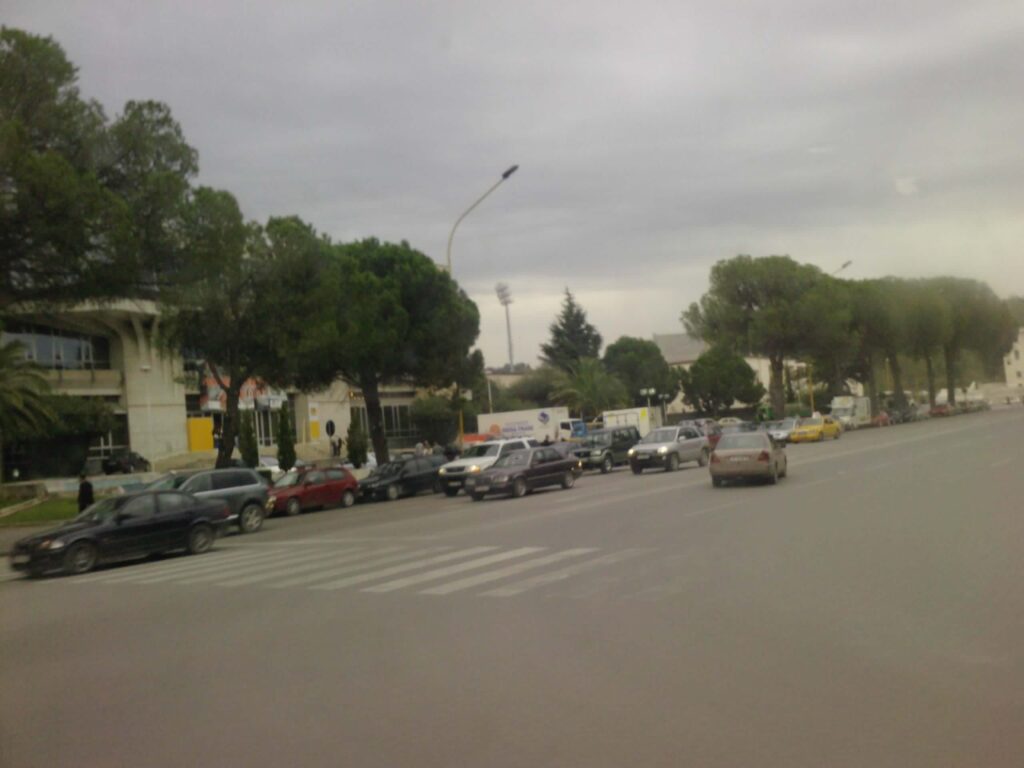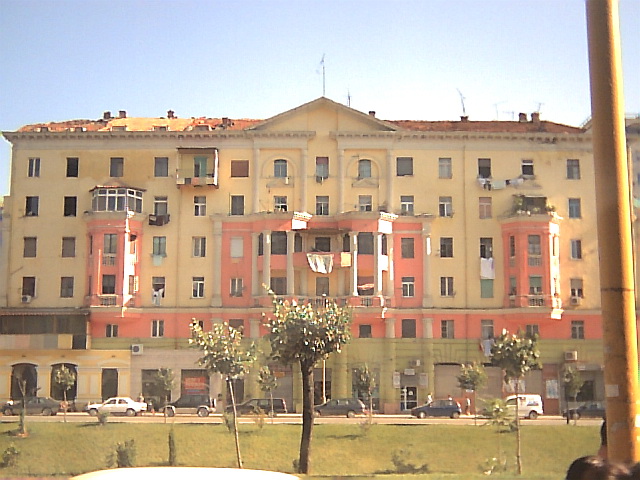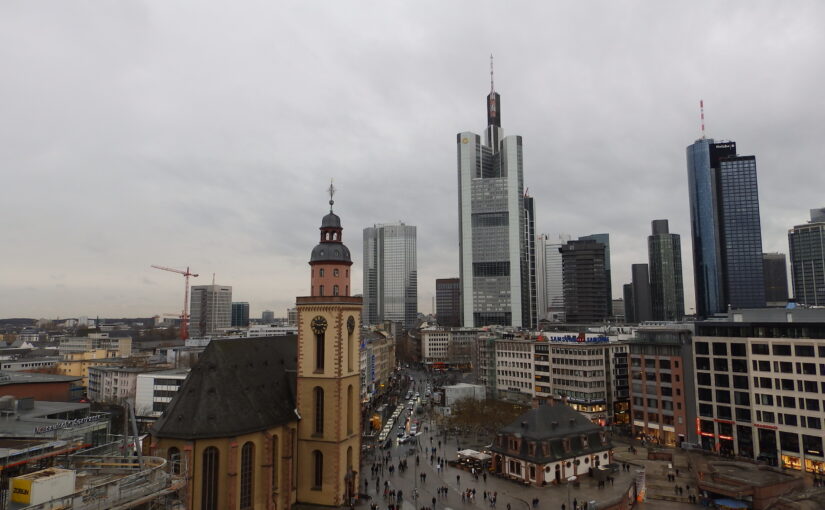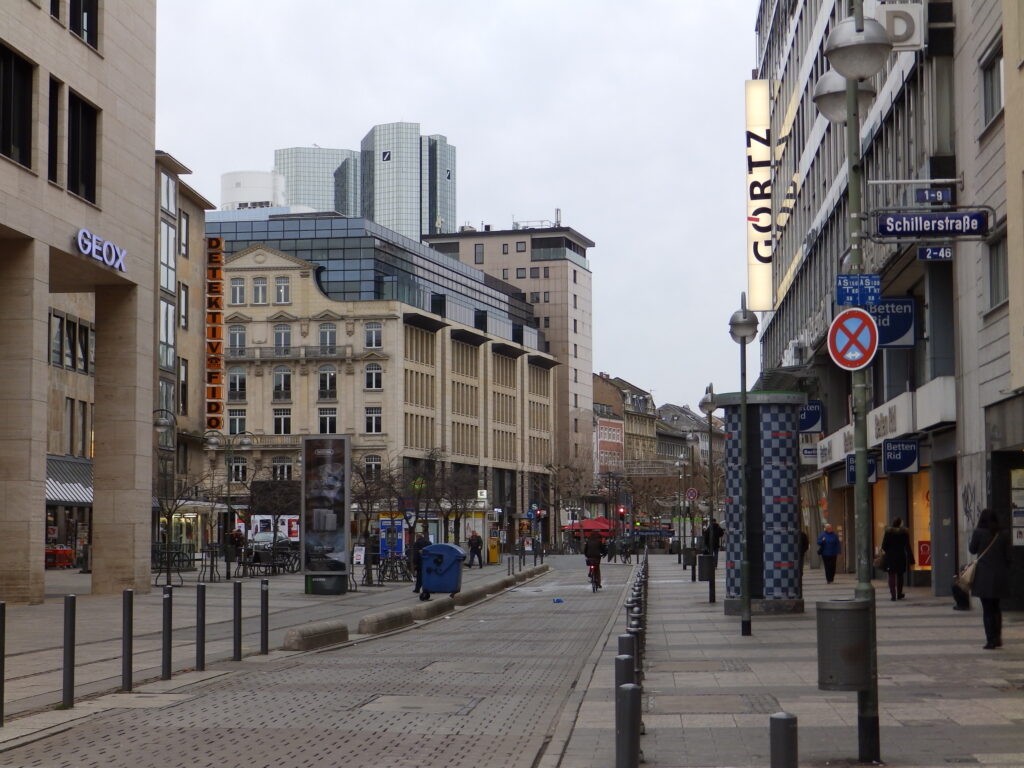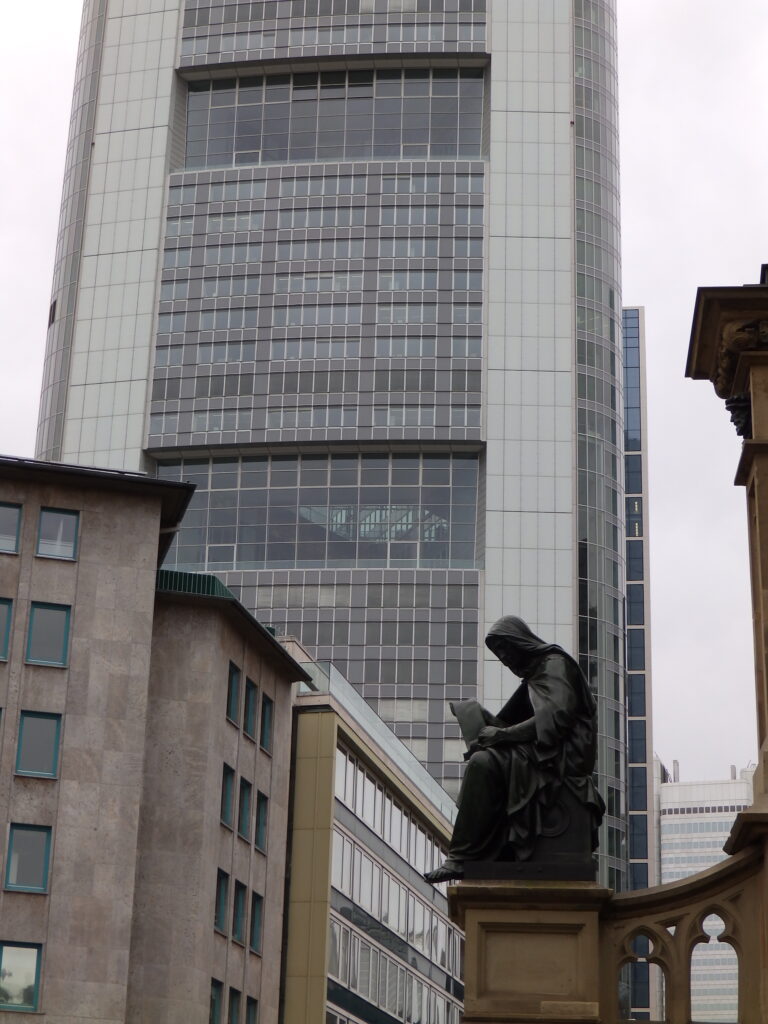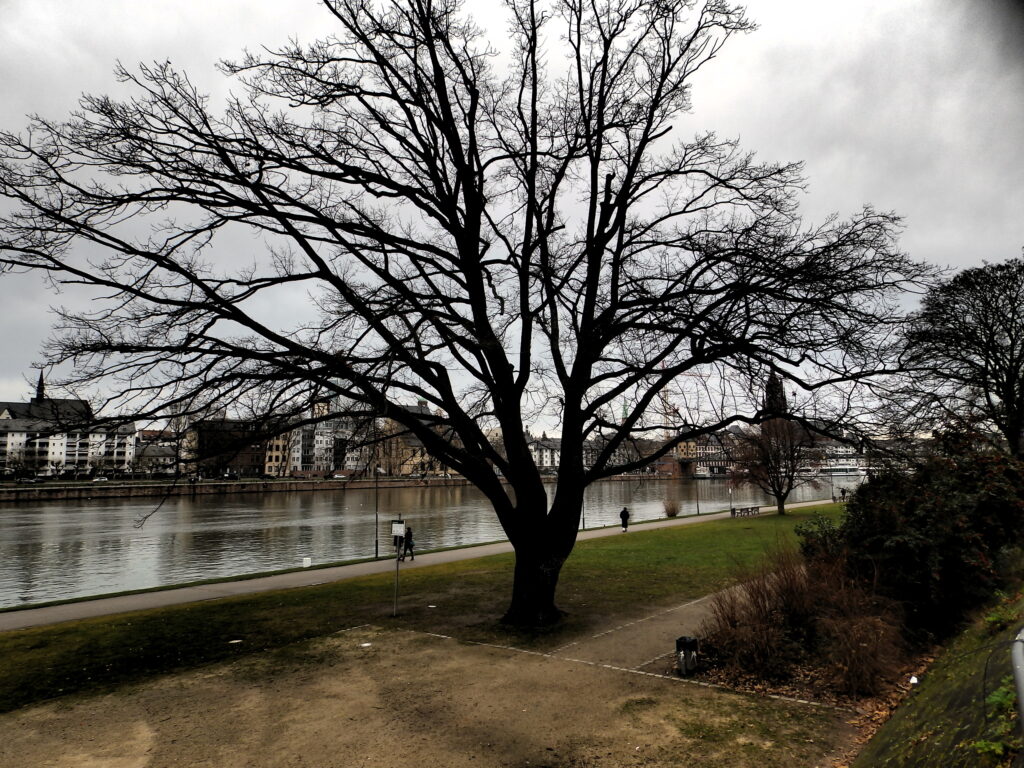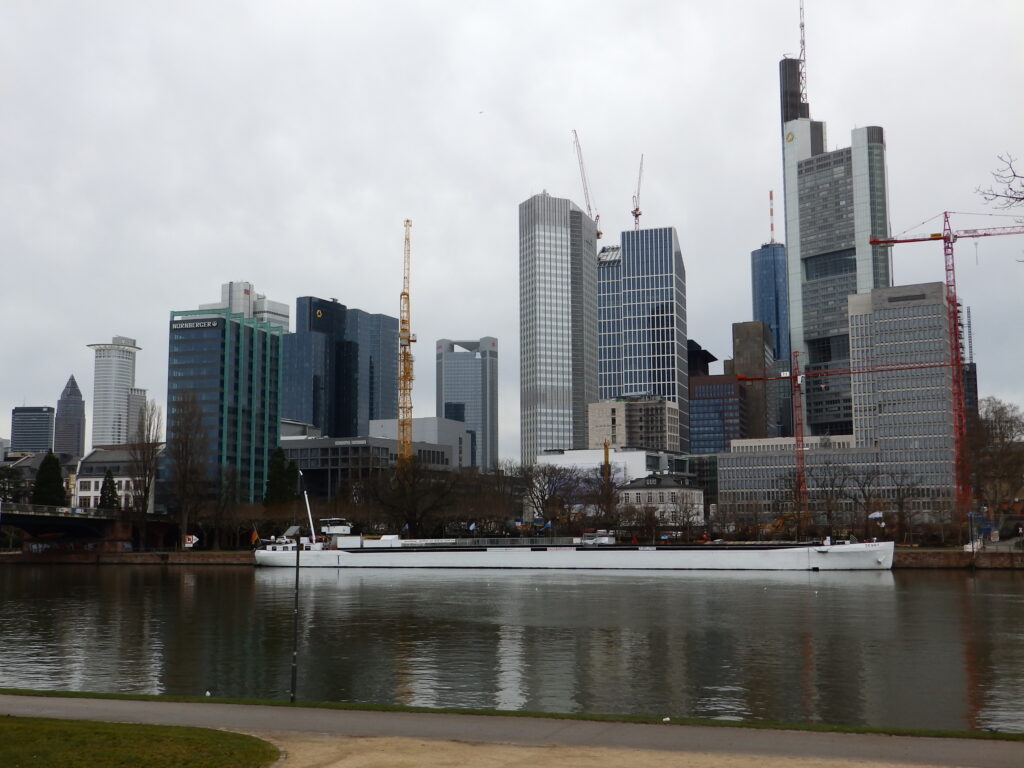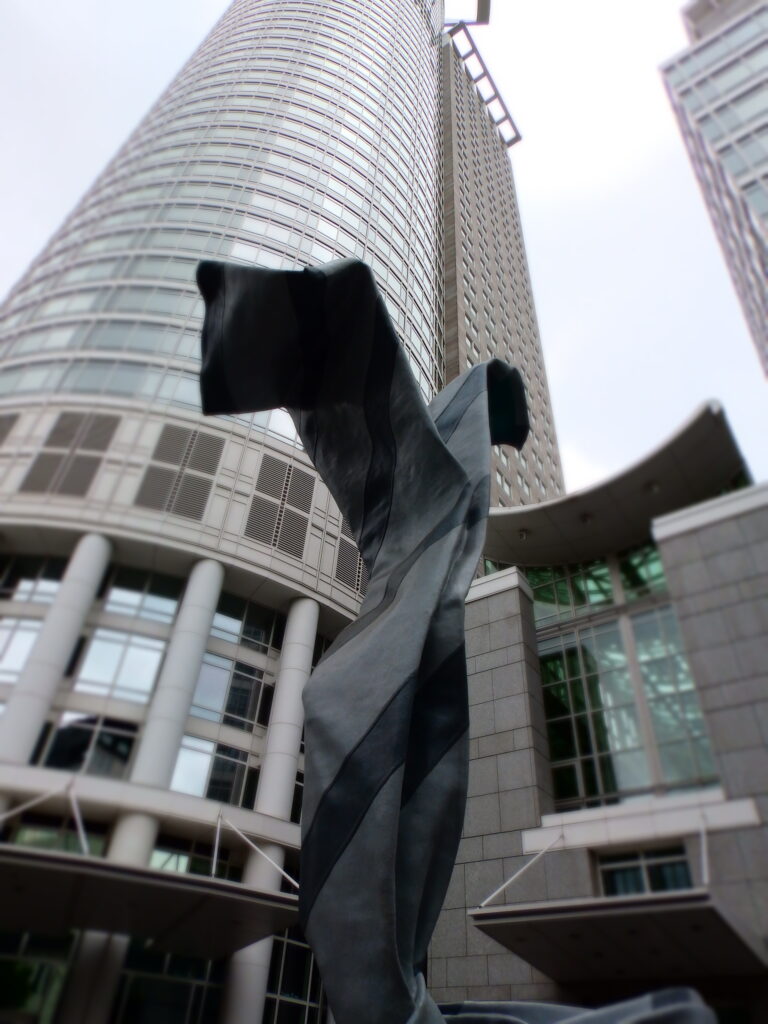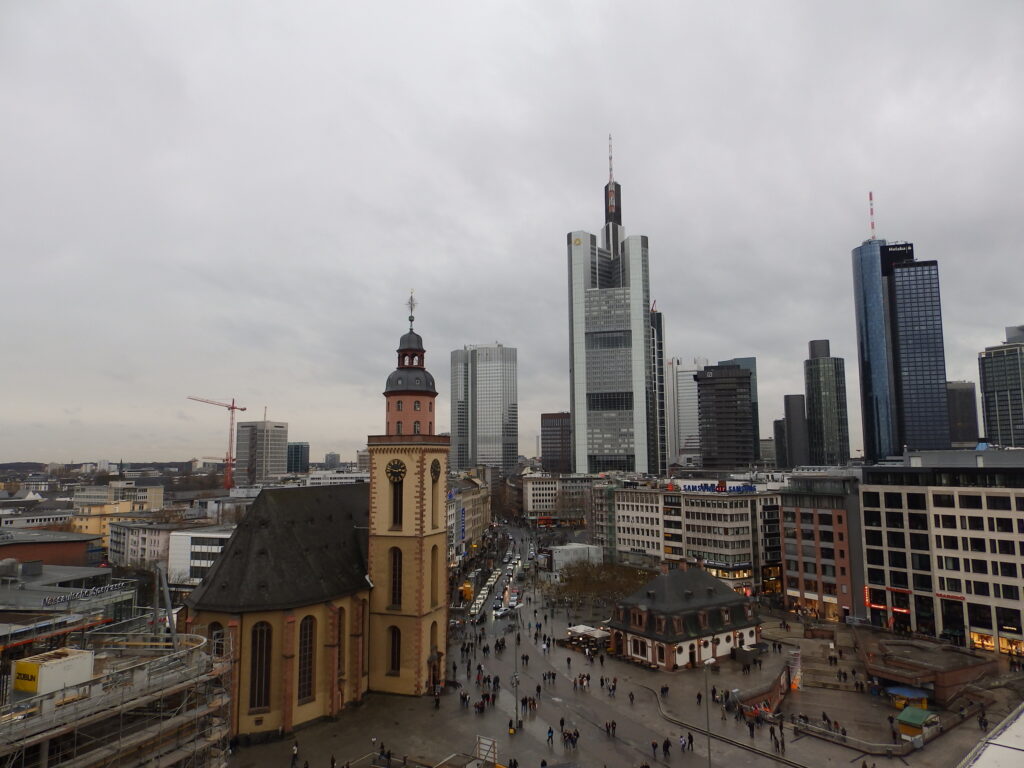According to a European policy brief from 2016 concerning the rise of single families in Europe, the impact of stereotypes, and even a biological explanation about equality and the phenomenon of the rising single-father family scene has been discussed. I have selected some meaningful excerpts from this text.
The rise of the one parent families comes with the weakening of the Tradition family form. As also the text explains: “the demise of the traditional family does not mean that social norms on gender have disappeared. Mothers are still expected to bear the biggest burden of parenthood, whether in a relationship or after a separation. Not only is motherhood still supposed to define women’s main identity, but it is still very much associated with ideas of sacrifice, total dedication and altruism. This very unrealistic ideal only leads to women feeling guilty when they do not meet such high expectations. They also explain why, when partners split up, most mothers cannot even contemplate the possibility of having only secondary custody of their children. They fear that if they do, they will be perceived as abnormal and bad mothers. And in practice, the few mothers who make that choice do seem to be very badly judged by society.”
The author recognizes and highlights the influence of stereotypes, urging caution against justifying things based solely on them.
“Therefore, if the traditional couple and family are much less dominant in practice, some of the norms associated to these models are still prevailing, particularly concerning motherhood. A certain equalisation of rights and aspirations partly explain the rise of divorces and separations. But the fact that the care of children still mainly relies on women – whether in a couple or separated – shows that traditional gender expectations are far from having totally subsided.
most essentialists, who do not deny the existence of stereotypes but simply attribute them to more fundamental differences between the sexes.”
Don’t always justify thing on Stereotypes only
“However, even if we acknowledge the existence of dominant norms on motherhood and the way they tend to justify or reinforce particular disadvantages lived by women, this does not mean that gender stereotypes are the actual cause of such disadvantages. The causal link often postulated between these stereotypes and inequalities between women and men is still impossible to prove (or disprove). First of all, if it is possible to identify very general prevailing ideas about the ‘feminine’ and the ‘masculine’, it seems more arduous to establish a clear and detailed list of these norms – all the more so since they appear to vary in time and space. Yet, without being able to clarify exactly what these stereotypes are, it seems difficult to potentially trace – and even harder to measure – their impact on preferences and behaviours”
But
“However, if this stress on variety does indeed prove the socially constructed dimension of at least part of those stereotypes, it does not prove their actual impact on behaviour and mentalities.
We have to live with stereotypes still for long
The only way to ever identify a list of purely constructed stereotypes on gender would be to raise children of both sexes totally outside society and compare their behaviours in adulthood. Of course, this is not possible in liberal societies. We therefore probably have to accept that this debate is not going to be settled for a long time to come and shift the focus to more socially and politically relevant topics.”
“gender norms tend to justify particular situations of domination but they do not create them”
“Alternative views on gender will be useful and effective only in so far as they trigger mobilisations on the part of the victims of the injustices denounced, and, furthermore, if this involvement leads to concrete political action. (pg.5)”
The continually increasing number of single mothers and single parents, in general, tends to be leveraged politically, leading politicians to promise reforms favoring this demographic.
Under these conditions, I'm adamant about not distinguishing single parents based on gender. There must be a guarantee that reforms will not favor one gender over the other. For example, “respect for family life is a fundamental right enshrined in Article 8 of the European Convention on Human Rights”: The benefit of considering single parenting equal to traditional families serves to enhance the lives of single parents but should not be founded on gender alone.
“A few countries – such as Belgium – have legislated to make shared custody the norm when parents disagree after a separation”
Biological approach
“Besides, the slightly higher level of empathy found in women could be channeled and used in very diverse ways..................... Empathy can be increased by higher levels of some hormones, such as oxytocin and prolactin. These hormones are not solely feminine, contrary to the postulations of many essentialists – they can also be produced by men. But they are higher during pregnancy and after birth. And since women look after children more, they can be heightened even when children grow up. This is not an inevitable fact: men who care about their children produce these ‘attachment hormones’ as well. But in our societies, it is not impossible that the higher level of empathy observed in women could be partly due to their more significant involvement in the care they provide among others to children. Another interesting hypothesis put forward by several authors is that when individuals are in subordinate positions, they tend to develop higher abilities to show empathy (pg.8)”
Acknowledging that single families will significantly influence future political choices, I am determined to ensure that the legal framework governing single families in Europe will be free from stereotypes. This task is particularly formidable, as laws frequently mirror the mindset of the population they seek to regulate.
Even if this goal entails political sacrifice, additional reforms in family law and related legal categories are indispensable. SingleFather.eu is optimistic, resolute, and convinced that a law can be established without stereotypes, even when overseeing a population swayed by them.
The text endeavors to scrutinize gender disparities in single parenting from various angles, addressing the problem with a realistic approach. It delves into sensitive topics like stereotypes, a daring move, especially in the context of family law. Unfortunately, the text overlooks non-gendered individuals, failing to address the issue in its entirety.
The text acknowledges gender differences, mainly examining contrasting views on child care as perceived by men and women, and how they cope with the solo challenges of raising a child.
What resonates with me the most is the author's focus on stereotypes, which I found to be the most formidable obstacle before, during, and after the custody process.
